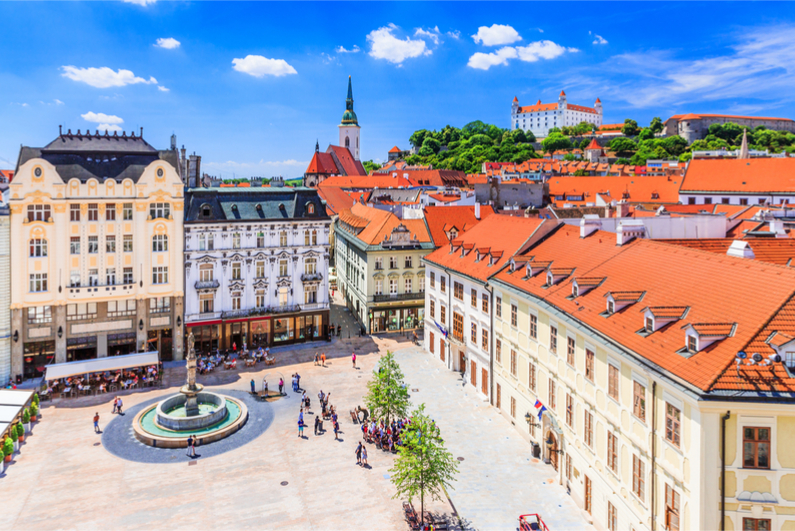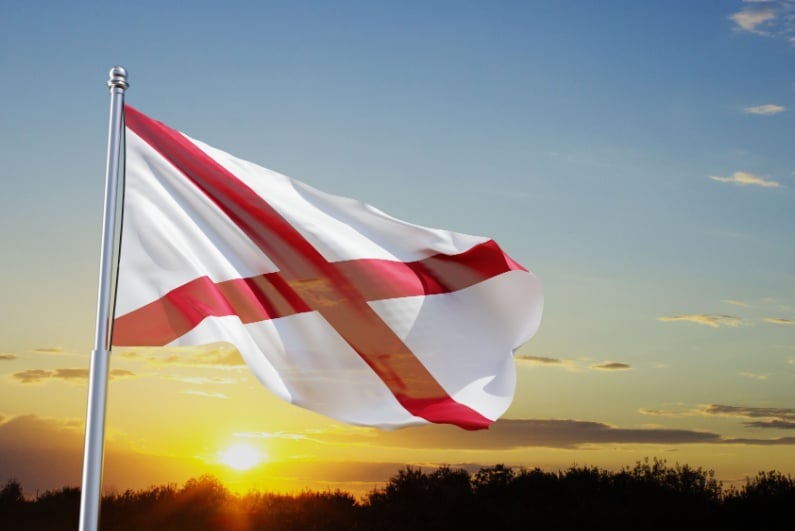30-second summary
- President Andrej Kiska had previously passed a veto to block a new gambling law
- Legislators had been campaigning to overturn the veto
- National Council voted to override veto
- Legalized gambling plans now back on track
- Government has issued details on license costs and rules
Power struggle
In another plot twist to the latest gambling developments in Slovakia, the National Council has voted to overrule President Andrej Kiska’s gambling veto, which was previously announced on December 21, 2018. The veto would have stopped the country’s new gambling act from coming into effect.
The Gambling Act had originally been approved on December 4th and now looks as if it will go ahead as scheduled, following the intervention of the National Council.
The legislation covers a variety of gambling-related issues, but the biggest shift is in relation to the current online gambling monopoly that is in favor of Tipos, the state-owned national lottery operator.
Slovakia will now allow private domestic and Europe-based online operators to apply for licenses. Tipos will retain its monopoly on online lotteries, bingo and raffles, but online betting and casino licenses will be opened up to other companies.
New licensing rules
The licenses will remain valid for a 10-year period and operators will be given the option to extend their license by a further five years. Operators who have appeared on the country’s online gambling blacklist will need to wait a minimum of 12 months after their company was added to the list before being able to submit a license application.
The government originally set a target of opening licensing applications on March 1, 2019, with approvals to start on July 1, 2019 for online casinos. Online betting applications were due to open on July 1, 2019 but approved applicants would not be able to start taking wagers until the following year.
Because of the delay in passing the legislation it is unclear if this time frame will still be followed or if the government will need to reassess it before introducing the licenses. Once applications are open, operators will be required to establish a relationship with the government as long as the company and any of its subsidiaries have not been blacklisted in Slovakia.
Product licences will cost €3m ($3.43m) per product, or €5m ($5.71m) for a dual license deal. The high fees associated with applying for a license have been criticized, but it is unclear which big-name operators will be applying to operate in the country. It is likely that smaller operators will be priced out of the market.
Tax rates agreed
The government had already agreed on a taxation rate for companies operating in the online gambling space in the country once licenses are available. The rate has been fixed at 22% of revenue and an additional 0.7% fee that will be used to fund the new Office for Regulation of Gambling, which will be a subsidiary of the Ministry of Finance.
President Kiska had voiced a number of objections to the regulation as it had originally been approved, including a requirement that Slovaks would need to submit their Citizen’s Card when signing up to an online gambling account.
He stated that he was concerned citizens’ data could be put at risk in doing so. There has not been word on whether or not any details of the legislation will be renegotiated following this latest overturn of approval.
The legislation has been in the works for a number of months, with the initial draft having been submitted to the European Commission in July 2018.




